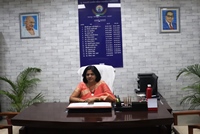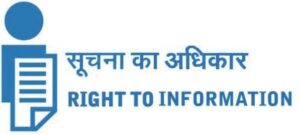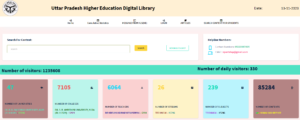Best Practices for 2020-2025
1-Title of the Practice–digiKMGGPGC
2. Objectives of the Practice
- Promote the objective of Digital India mission.
- Ensure transparency in all types of work.
- Make teaching more effective with the use of visual medium.
- Increase the participation of students who are otherwise unable to ensure physical presence in college continuously.
- Overcome challenges of less than adequate facilities/books in library through promotion of e-Library, IFLIBNET/DELNET.
- Provide doorstep internet/photocopy facilities through e-Suvidha Kendra.
- Minimize the use of paper through the use of iPads and iPencil and it started with M.Sc. Zoology.
- Reading contents to be made available 24×7 by uploading recording of class lectures which can be accessed from anywhere.
3. The Context
Digitalization is the need of the day. Our honourable Prime Minister launched Digital India mission to promote digitalization in every sector of the country. By digitalization, work becomes easy and it also ensures transparency, efficiency and accountability in administration as well as academics. K. M. Govt. Girls P.G. College, Badalpur, Gautam Buddha Nagar aims to digitalize all the work from teaching to administration in due course of time in a phased manner. All types of financial transactions are done through online payment. Most of the purchase in college is conducted through online mode by GeM and eTender. Online admission for all classes started in session 2018-19. Five smart classes are developed and LCD projectors are installed in all labs and some of the classes. The faculty members take online classes and upload their recorded lectures and e-content on YouTube channels whose links are also available on the college website.
4. The Practice
Following practices of digitalization are started college to develop KMGGPGC as a digiCampus.
- Following practices of digitalization are started in college to develop KMGGPGC as a digiCampus.
- Smart LCD based Classes and Labs- Five smart classes are developed and LCD projectors are installed in all labs and some of the classes.
- Promotion of Digital Library and Use of e-Books– KMGGPGC has the membership of INFLIBNET and DELNET digital library. KMGGPGC provide separate login IDs, passwords to the faculty and research scholars. Other students visit e-library section to use them. KMGGPGC faculty members also provide eBooks to their students time to time.
- Online Admission- Online admission for all classes started in 2018. Prospectus is not printed and is available in digital form on website.
- Cashless Transaction- All types of financial transactions are done through online payment.
- Digital Purchase- Most of the purchase in college are conducted through online mode by GeM and eTender.
- Digital Service Book (Manav Sampada Portal) – Service books of all employees are digitalized by the state government and their login credentials are provided to them.
- Online Class – Online classes are started in some subjects and it will be implemented in all subjects in due course of time.
- Upload Class Lecture– Many teachers have uploaded their recorded lectures on YouTube channels and links are available on the college website.
- Uses of Virtual Lab- In labs digital practical are started with the use of digital microscope for slide. Virtual lab links are available on college website.
- Online Examination– Google-based and edXbee app-based online examination have been started in some subjects. Online test links are available on college website.
- Library Automation- Library automation work has been completed.
- e-Library- An e-Library section is developed to access digital books and digital library.
- e-Suvidha Kendra- On PPP mode e-Suvidha Kendra is developed in college campus, Students can use its services on minimal payment basis.
- Wi-Fi Campus and LAN Facilities to All Departments- Campus is Wi-Fi and LAN facilities are provided to all departments.
- Management Information System (MIS) of College– Before the session 2018-19, Institution has already partial Management Information System with the following facilities:
- Online admission process through portal of CCS University, Meerut.
- Fee submission only by electronic mode.
- Online registration forms for admission.
- Online examination form submission through university portal.
- College app available on Google Application Store.
- Interactive website www.kmgcbadalpur.org
- Paperless Class– First time in the history of the traditional education system of India KMGGPGC introduced a paperless class in M.Sc. Zoology as a pilot project. Students prepare their practical files, Notes, Assignments digitally and give internal exams digitally in their handwriting. Attended online classes during vacations and participated in online tests. All the M.Sc. students are provided Apple iPad with iPencil, so they can easily write and note classwork (to overcome the main objection of eEducation opponents that students lose their handwriting and become typist). Now all the M.Sc. students write down everything on their Apple iPad with iPencil. They also prepare assignment, project and practical records on iPad and send to their teacher by email. Teacher evaluates them on their iPad with the help of iPencil and returns them to students on their mail with remarks and marking. Department has also started digital internal exam on digital exam copy and soft copy of exam paper has been displayed on student iPad as exam gets started.
5. Evidence of Success
Details of all the practices are available on college website http://www.kmgcbadalpur.org. Following headings are hyperlinked and evidence of success can be view in detail by clicking them.
- Online admission
- Cashless transaction in college for all activities
- Admission fees
- Balance fees
- Degree Fees
- Back /Ex Exam Fee
- Fee Structure
- Digital purchase –GeM , eTender
- Online Posting & Transfer
- Digital Service Book
- Online class
- Upload class lecture
- Smart Classrooms
- Use of virtual lab
- Online examination, Test
- Library automation
- eLibrary
- e-Suvidha Kendra in Campus
- Wi-Fi campus and LAN facilities to all departments
- Paperless- Ecofriendly Class
- Promotion of Digital library and use of e-Books
- College Mobile App
- Management Information System (MIS) of College
- Digital College Magazine-Gyananjali
- Digital Newsletter-Pratibimb
- Digital Staff Statement
- Digital College Journal- Pragyan
- Digital Proceedings
- Licensed online teaching platform- Microsoft Team, Zoom
- Video Conference Room
- Biometric Attendance
6. Problems Encountered and Resources Required
The main objective of K. M. Govt. Girls P.G. College, Badalpur, Gautam Buddha Nagar is to provide quality higher education to rural girls and enhance their opportunities of learning and making them independent. Most of the students belong to economically weaker sections and reside in rural areas where improper internet connectivity and irregular power supply is a big problem for the use of ICT. Many students face difficulties in affording digital devices. Resources for the creation of digital infrastructure and manpower training for ensuring its utilization are other big challenges our college faces as the funds allocated for this purpose are limited. The technical infrastructure also requires frequent up-gradation as the technology changes very rapidly. To resolve all these issues, our college administration is continuously making efforts to get financial and technical assistance through MoUs with different organizations, institutions and NGOs working in this field.
2-Title of the Practice: Eco Friendly Initiative
2. Objectives of the Practice:
1.
- Environment consciousness among all the stakeholders
- Green auditing to reduce carbon footprint
- Eco-friendly method for the health of campus soil by Vermicompost Unit
- Establishment of bore well recharge pits to recharge groundwater
- Maintain the flora of the College
- Increase expenditure on green practices
- MoUs for recycling, especially paper waste
- Flex and signboards to green environmental awareness among students
- Establishment of Herbal Garden
- Installation of solar panel
- e-Waste and Solid Waste management system
3. The Context:
K. M. Govt. Girls P.G. College, Badalpur, Gautam Buddha Nagar campus is a picturesque site amidst a blossoming green environment. The college campus is spread in a total area of 1.7160 hectares of lush green land, has more than 400 trees and lots of herbs and shrubs. The institution has some challenges to execute its environmental policy e.g. Less land area and scarcity of support staff but beyond these challenges, we are doing our best. Our college’s students, faculty and support staff is working to foster a culture of self-sustainability and making the entire campus environmental friendly. The Green Campus initiatives started with Nature Club several years back followed by Green Audit in the year 2017-18. These initiatives enable our institution to develop its campus as a living laboratory for innovation. Our emphasis is on ‘Green Campus’ including Water Conservation, Tree Plantation, Waste Management, Paperless Work, Alternative Energy and Mapping of Biodiversity.
4. The Practice:
K. M. Govt. Girls Post Graduate College, Badalpur, Gautam Buddha Nagar is a quality conscious college. It protects its own environment with its green campus initiative and keeps a pollution-free campus. Environmental conscious administration, the management and the students of the college look after the environment carefully. Every year, during the rainy season, we do tree plantation and carefully look after it. It is our own responsibility to preserve the work done on the campus related to the environment. Our environmental policy/ actions are as per details below:
- To create awareness regarding environmental policy amongst the students and all the stakeholders.
- Tobacco-free Campus: As per the govt. rules and regulations regarding the instructions of tobacco, our institute is a completely tobacco-free campus. For awareness, related signboards are displayed at various places on the campus.
- To maximize the use of Solar Energy on College Campus: M.Sc. zoology lab has complete power backup with solar energy.
- To sensitize the students and staff regarding the use of safe drinking water, we have provided purified (RO Aqua guard) drinking water facilities in every block of the campus. We use waste RO water in our gardening and other activities.
- ‘Roof Top Rainwater Harvesting System has been established in each block of campus.
- Green Audit Report is being prepared since 2017-2018 by virtue of which we are regularly finding new initiatives to implement in upcoming years.
- To observe the carpooling system frequently to save fuel and avoid environmental pollution.
- To maximize the use of ICT and minimize the use of paper. It will help to go towards ‘Paperless Activities’.
- To use the solid waste through vermicomposting on the campus and use it as a fertilizer.
- To use ‘Use me’ Dry and Wet dustbins in the college campus so as to keep college campus clean and spread awareness of waste segregation.
- To protect and nurture the Flora of the campus.
5. Evidence of Success
The human solid waste disposal system is well connected within the campus and ends up in a soak pit in an eco-friendly manner. The college has 30 color-coded dustbins and a compost pit in the main ground for Biodegradable waste. Non-Biodegradable Waste is collected by Block Development Waste-Collection Trucks regularly. We also have a sanitary Napkin Destroyer machine. Waste Segregation Charts are put up across the college. Recharge pits are constructed for the percolation of wastewater from hand pumps. RO wastewater is diverted to Rainwater harvesting and condensed AC water is used for gardening. Water tanks are cleaned, and leakage is checked periodically.
A Red Box has been set up for the collection of personal e-Waste of teachers and students. Printer Cartridges and UPS batteries are refilled, recharged, repaired reused. “Eco-Restoration and Green-Audit Committee” conducted various Guest Lectures and Awareness Rallies. To save water, two recharge pits have been made in the college near the hand pumps. Rainwater harvesting units repair and cleaning is done to make it intact for water conservation. Herbal Garden is built to propagate the usage and knowledge about the medication plants among students and staff. Use of Solar lights is in plan and progress to conserve energy.
Measures Taken in the year 2019-2020 :
With the aim to educate the young minds and contribute towards sustainable development the college’s Eco restoration and Green Audit committee conducted following activities throughout the year in association with other committees and departments of the college:
- Ground Water Week was organized in third week of July (16 – 22 July 2019) in association with the Geography department of the college.
- Plantation Drive, whereas 600 sapling were planted in and around college on 9th August by NSS, NCC units of the college.
- Under the aegis of Swachta Samiti of the college Jal Shakti Abhiyaan was organized from 1st to 16th September to emphasize the importance of water and to store water for future generations.
- To save water two recharge pits have been made in the college near the hand pumps.
- Cleanliness drive was carried out with help of Greater Noida Authority to cut the bushes and grass
in college campus. - Energy Conservation – Use of Solar lights is in plan and progress
- Herbal Garden is built to propagate the usage and knowledge about the medication plants among students and staff.
- A vermi compost unit was built to recycle the biodegradable waste of the college campus.
Go paperless – Multiple efforts have been taken and few others are in progress such as- Online process for admission to reduce the paper usages in overall admission steps. o Biometric attendance for students and college staff.
- Mobile Applications usage for dissemination of information.
- Introduced I-pad to classroom study at M.Sc Zoology.
- Assignments, projects and practical records and also internal exam on digital exam copy is in usage in the zoology department of the college.
- Promotion of digital library and e books.
Rainwater harvesting units repair and cleaning was done to make it intact for water conservation. - Lectures on environmental issues are being held regularly in college.
Incurred Expenses on Eco Friendly Activities:
| S.NO. | ITEM | AMOUNT (RS.) | DATE |
| 1 | TUBE LIGHTS | 5200 | 16th Jan 2020 |
| 2 | CLEANLINESS OF COLLEGE, TREES AND SHRUBS CUTTING | 53100 | 24th Dec 2019 |
| 3 | SALARY OF GARDENEC | 6600 | April 2019 |
| 4 | SALARY OF GARDENER | 7800 | May 2019 |
| 5 | SALARY OF GARDENER | 7200 | June 2019 |
| 6 | SALARY OF GARDENER | 7800 | July 2019 |
| 7 | SALARY OF GARDENER | 6900 | August 2019 |
| 8 | SALARY OF GARDENER | 7200 | September 2019 |
| 9 | SALARY OF GARDENER | 6300 | October 2019 |
| 10 | SALARY OF GARDENER | 7200 | November 2019 |
| 11 | SALARY OF GARDENER | 7500 | December 2019 |
| 12 | SALARY OF GARDENER | 8100 | January 2020 |
| 13 | LED TUBELIGHTS HAVELLS | 6420 | 24th Feb 2020 |
| 14 | CLEANING OF WATER TANK AND INSTALLATION OF FLOAT WALLS | 7020 | 24th Sep 2019 |
| 15 | APPLE I PAD, PROJECTOR, ETC FOR M.SC CLASSES | 1052000 | 30th Jan 2020 |
| TOTAL | 1196340 |
6. Problems Encountered and Resources Required
K. M. Govt. Girls Post Graduate College, Badalpur, Gautam Buddha Nagar is utilizing its resources in an objective manner, but we are lacking in some areas. e.g., Less Land Area, scarcity of support staff, limited financial resources, backward mentality and behavior of the community. We are trying hard to overcome these issues through creating awareness via lectures/ programmes conducted by N.S.S., N.C.C., Rangers, Green Audit Committee and appealing regularly with local administrative bodies and NGOs to provide human resources and financial assistance
7. Notes (Optional)
- To promote digital automation and paperless working
- Expansion of Solar Energy System
- Arrangement of common transport system for the students to reduce carbon footprint
- Adoption of village/ school for imparting knowledge and skill related to environment friendly practices.
- Relevant Environment Friendly Farming Organic Practices.
BEST PRACTICES for I-2014-2019
1. TITE OF THE PRACTICE: THE DEPARTMENTAL COUNCIL ACTIVITIES.
2. OBJECTIVES OF THE PRACTICE:
- To provide leadership training to students
- Motivate students to be socially aware and responsible citizen.
- Help to enhance the all-round personality of the students.
- To promote aesthetic development, character building and organizing capacity.
- Activities help the talents of the young minds and give them an opportunity to develop their specialized skills.
 |  |  |
3. THE CONTEXT
Each department plans activities which compliment but are not part of the conventional academic curriculum. Participating in them not only develop students academic potentials but also other aspects of their personality such as self-esteem, self-confidence, social cooperation and leadership skills. Activities should be educationally relevant so that they can associate with it. The sole goal of education should be to ensure the holistic development of students. Holistic development is basically the development of everyone’s intellectual, emotional, social, physical, artistic, creative and religious values. Activities develop hidden skills of students and provide an opportunity to the students to share their creativity. They are also open to students who show exceptional skill in their studies and are able to develop ahead of their peers.
4. THE PRACTICE
Literary and co-curricular activities are organized by each department for the development of linguistic skill and mental faculties. Debate, discussion, declamation, speech, story writing, essay writing are some of the literary and academic activities. Activities supplement and compliment the entire aesthetic as well as spiritual development, which are the essential components of education .It helps in developing features like speech fluency , creativity and organizing skills and are a good platform to excel. Leadership skills are enhanced by selection of President, secretary, treasurer, class representatives who function as leaders of students of the department for the whole year.
5. EVIDENCE OF SUCCESS
Departmental council activities not only make the students active and energetic but also enable to harness the in depth potential of students. It enhances knowledge in many domains, which benefits the student as well as college; activities are good platform to promote leadership quality. Creativity form of expression serve as nourishment for the soul. Every year each department conduct many programme/activities under association. These activities provide the opportunity to the learner for self-expression. Activities have academic and literary activities like Debates, painting, exhibition, pot decoration, Rangoli, music and fine arts develop aesthetic sensibility of the learner. These are helpful in unfolding and extracting the hidden beauty in the mind of students. Cultural activities provide better knowledge and understanding of our rich culture heritage.
6. PROBLEMS ENCOUNTERED AND RESOURCES REQUIRED
Many faculty member believe their primary role is to create knowledge and all other roles are secondary, therefore activities that divert student energy from class work and counter productive. Student participation /response is not very enthusiastic towards participation.
Funds for giving prizes is limited.
BEST PRACTICES II
1. TITLE OF THE PRACTICE: Creating Research culture
2. OBJECTIVES OF THE PRACTICE:
- To promote research culture among the faculty and student.
- To promote research culture by encouraging high quality research activities among the faculty and student.
- Promote and facilitate collaborative or interdisciplinary research and enhancement of research networking capacity and infrastructure.
- Foster excellence and innovation in teaching in the Humanities,Science and Commerce.
- Increase and effectively manage the resources and research support for its members.
- Contribute to the university’s strategic educational and research mission and to support synergies between research, teaching, and learning.
- Transfer and mobilize knowledge gained through research for the benefit of society.
- Increase the number of publication in indexed journals.
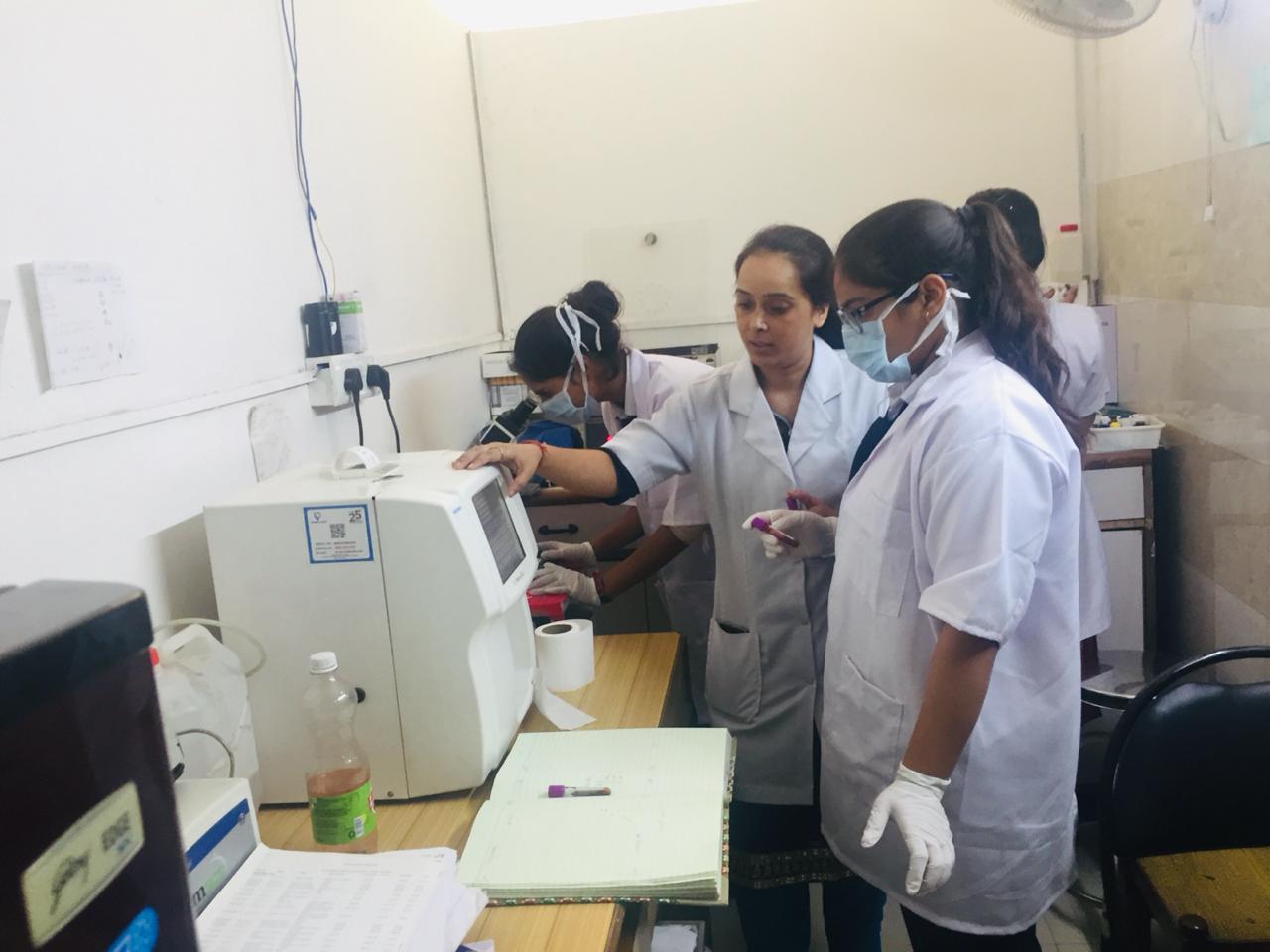 | 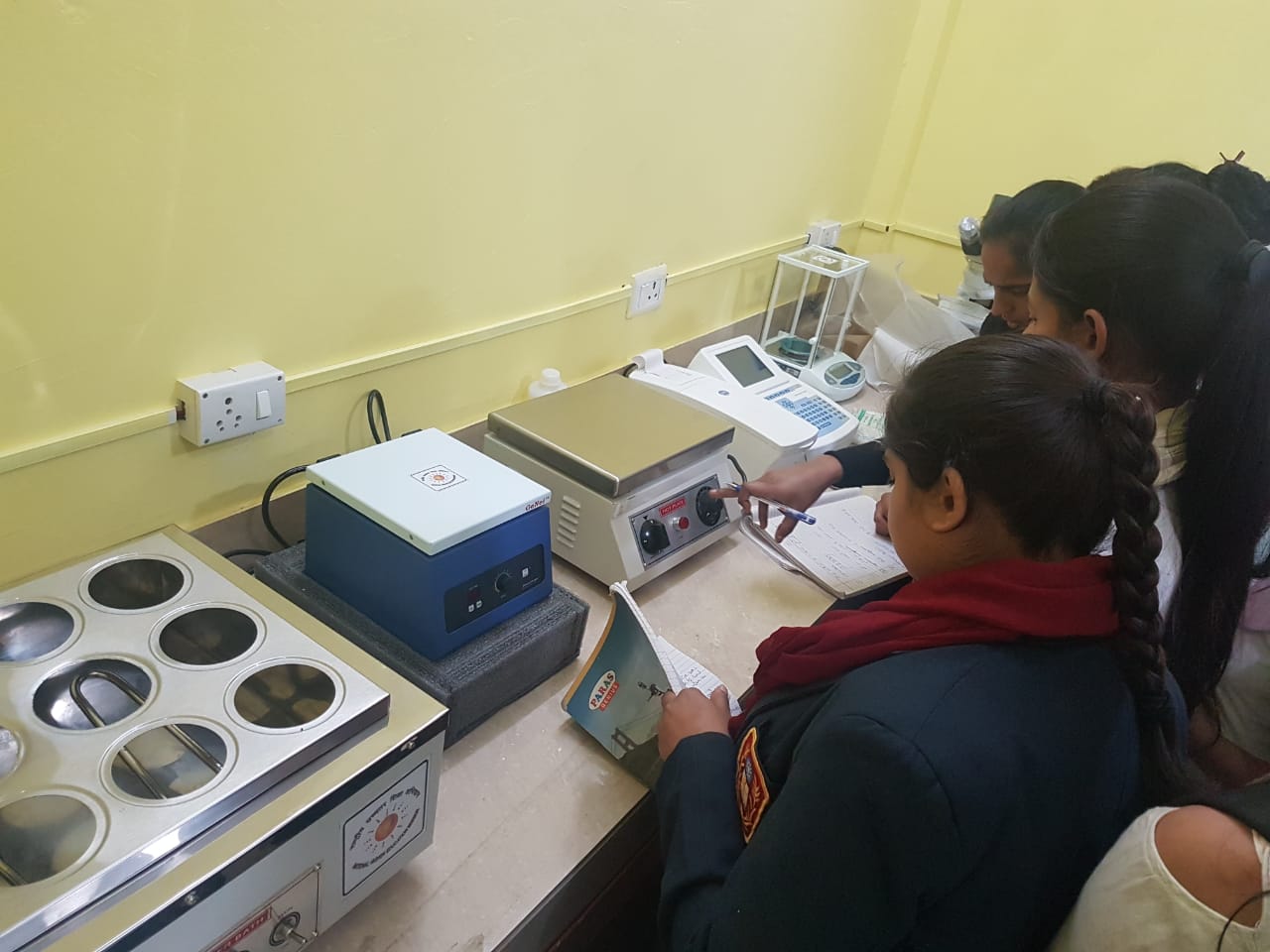 | 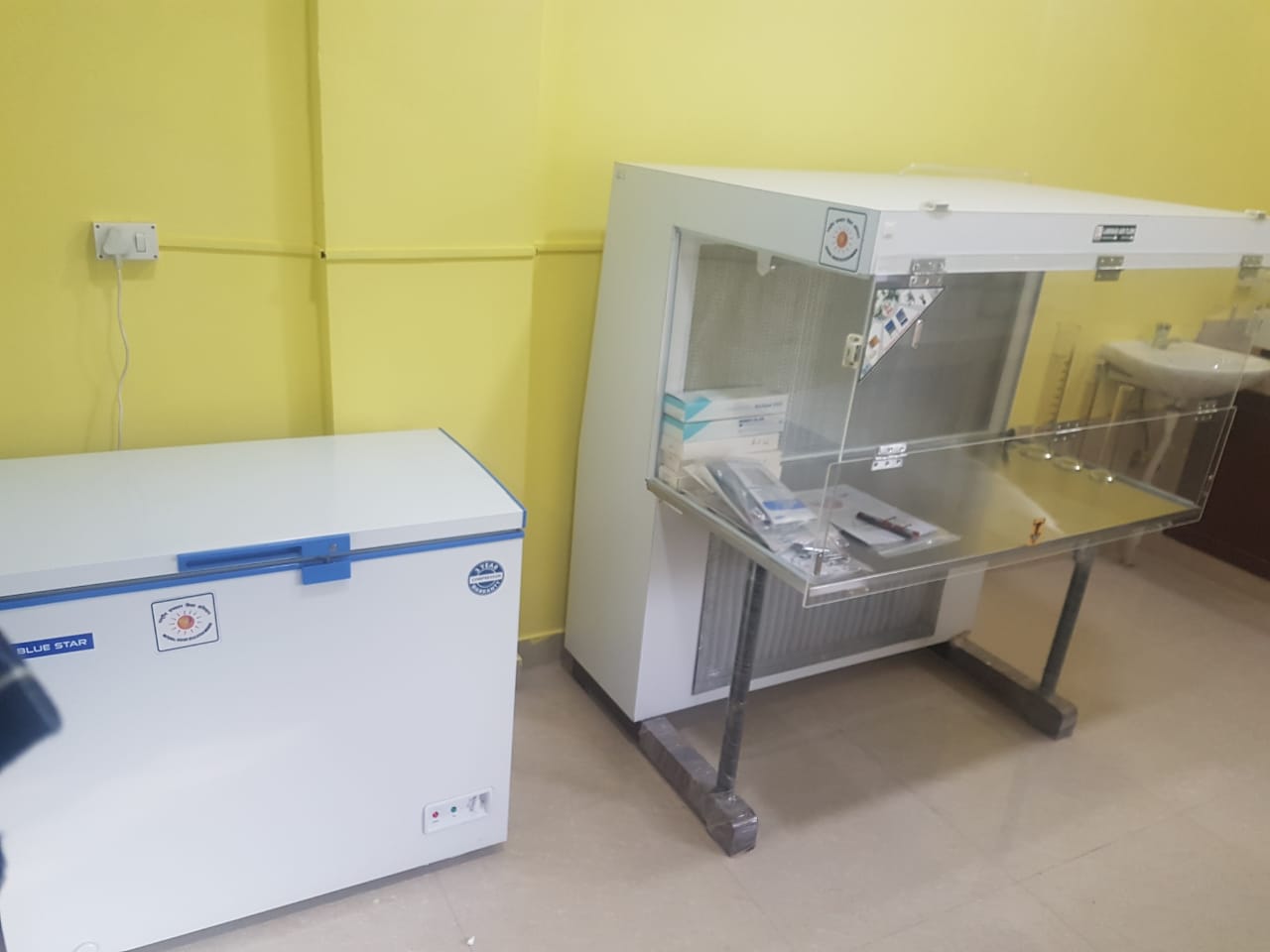 |
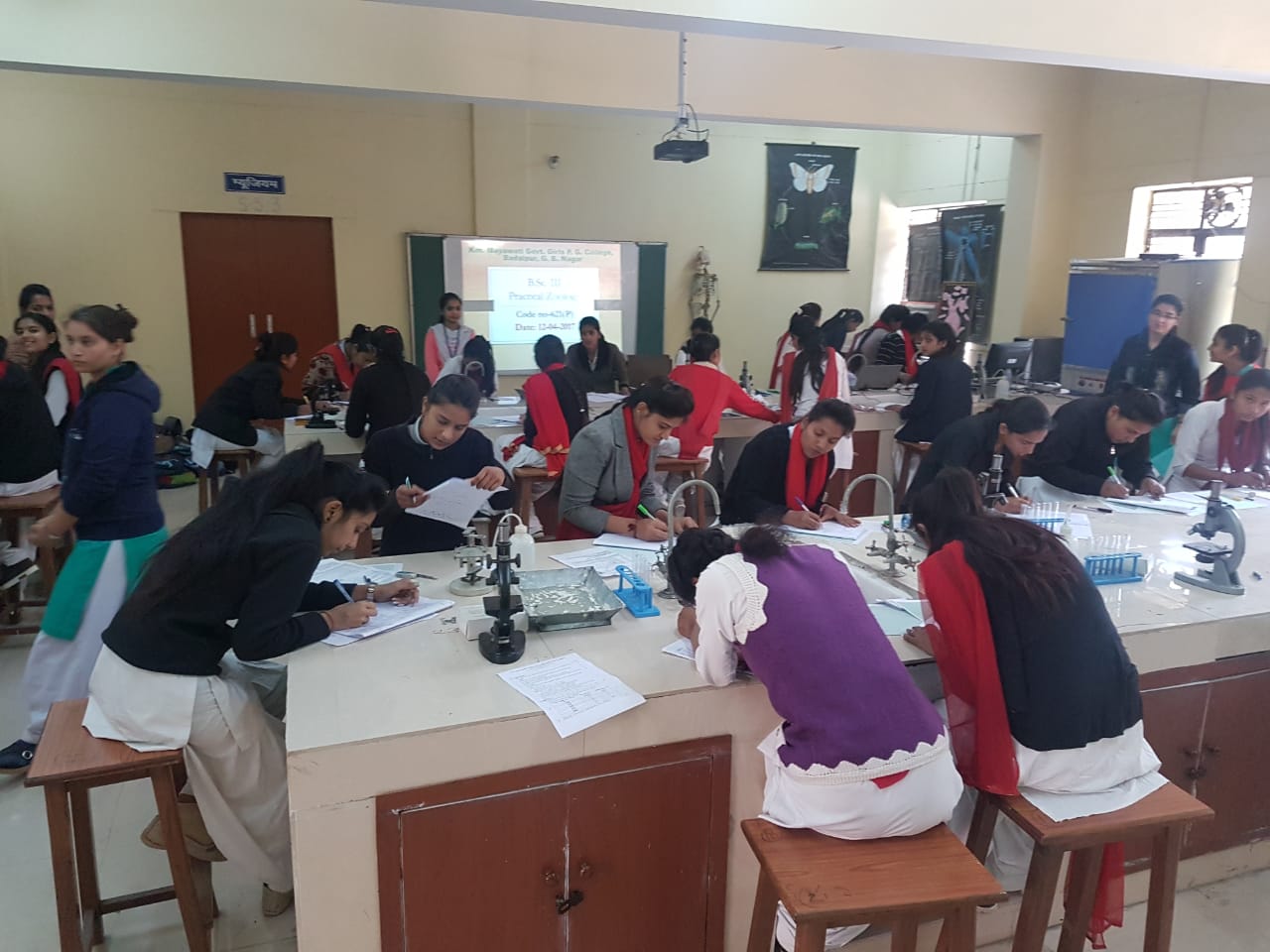 | 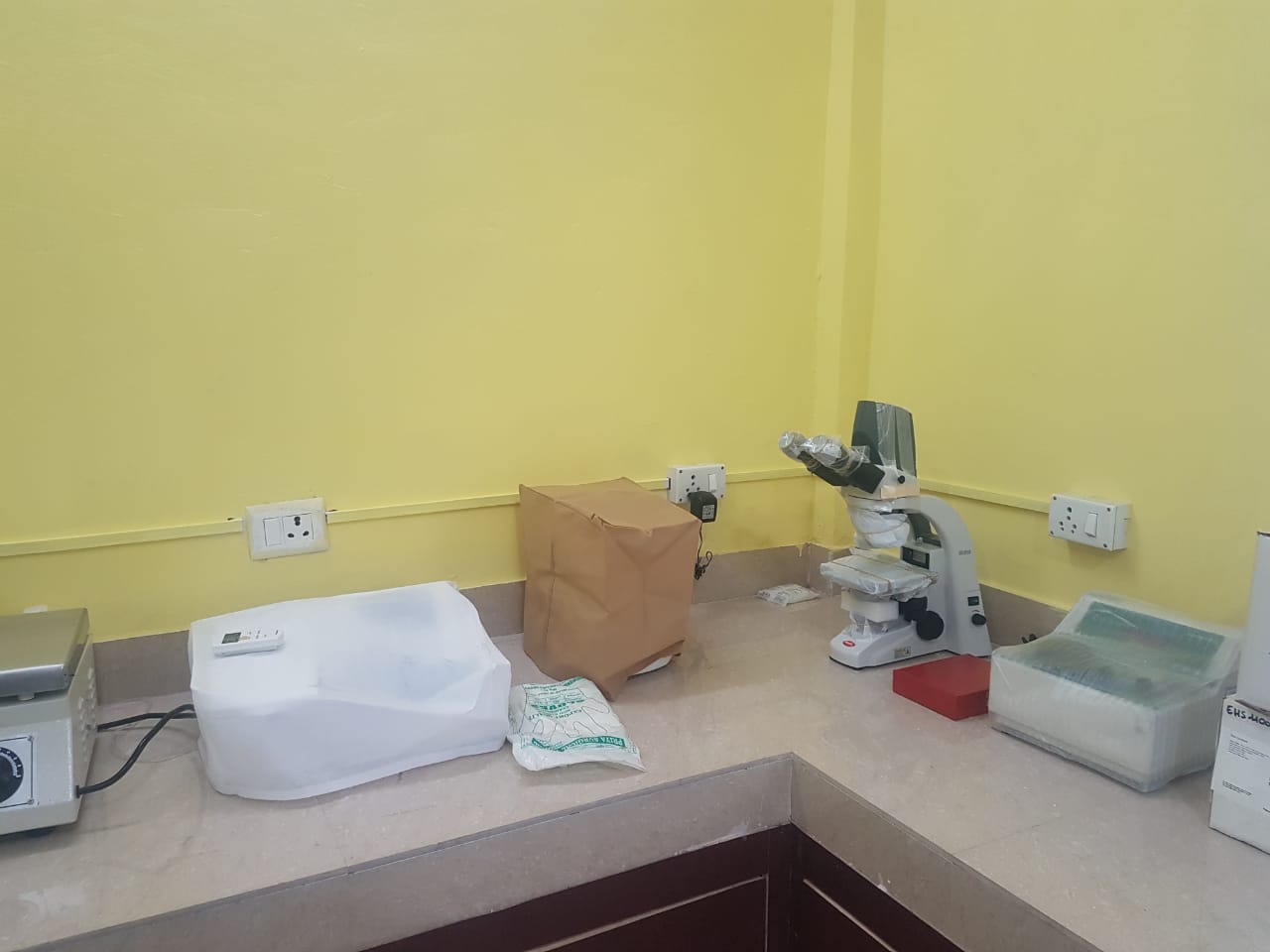 | 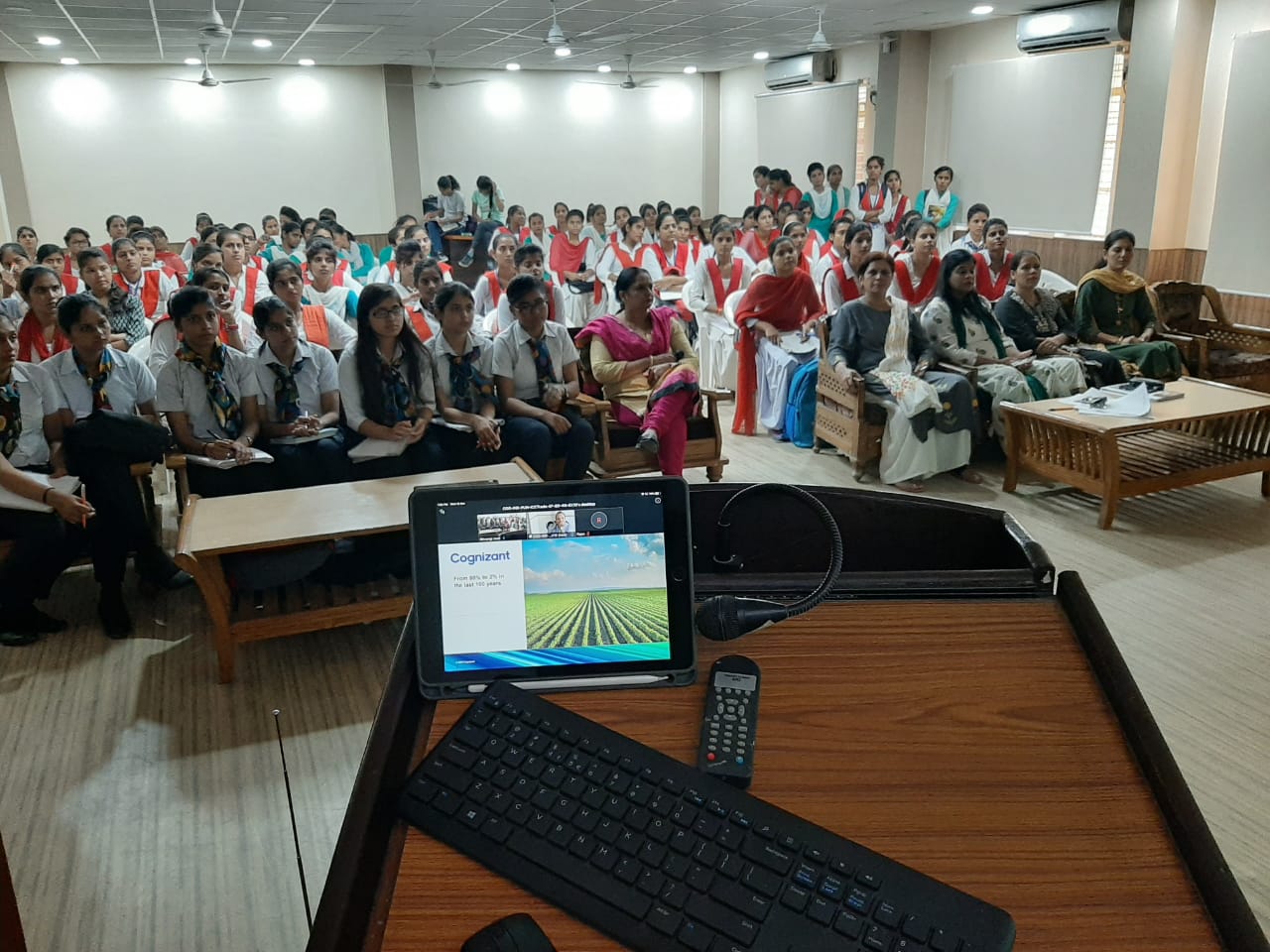 |
3. The Context:
The college is a unit of higher education which aims at providing high quality education at low cost. Gone are the days when academicians would sit in ivory towers and look down upon lesser mortals. The current demand of the society is for the learned to come down to earth and return to the society what they have received in a more beneficial form. The repute of any educational institution rests on teaching – learning process and research activities. Research therefore is the back bone for the development of the students, teachers and the institution The college being conscious of this state of affairs, has been giving dynamic thrust towards developing and augmenting the research activities of the college to keep abreast of the advances in the fields of science, commerce and arts.. Inculcating research aptitude in faculty members and students has taken priority almost equal to the teaching-learning process. The competency of the students to face the challenges of the society at the end of their tenure will be enhanced not just by their grades and ranks but the ability to apply their knowledge, analyse the problem, synthesize a solution and valuate the outcome. These skills are developed by working on real time projects during their academic career. In order to direct the students along these lines, the faculty also have to be fully equipped in planning and guiding research. Just as much as the teaching learning process is a partnership between the teacher and the student, so also is the research and development process in which the guide and the researcher have equal role to play. In most P.G. Courses through dissertations and projects and effort is made to introduce the students to the fundamentals of research.
The outcome of research should be relevant to the societal needs and the society. Therefore, taking up research activities shapes a person with moral responsibility and a value system that enhances his/ her commitment towards fulfilling the needs of the society. Thus the college wishes to show- case the R&D activities of the college as one of the best practices and has worked hard towards its promotion during the last five years.
4. THE PRACTICE
- The final year students have to take up and complete project work. Turning this to the advantage of students, the nature of project work assigned to the students is of quality and sometimes if the students wants to do Ph.D. latter on the topic of the project it is expended to lead to her synopsis for Ph.D.
- Faculty pursuing Ph.D and with Ph. D. degrees are encouraged to attend and present papers in national and international conferences to get exposed to recent and emerging trends in their fields of interest.
- Eminent researchers are invited to campus for delivering lectures during National and International seminars/ workshops/ conferences organized by the various departments in the college to boost the knowledge level of the faculty and the students.
- Memorandums of Understanding have been signed with GBU & I.T.S. engineering college and other agencies and such a practice plays a vital role in interaction of faculty and students with the industries and design projects in collaboration with them. These Institutions has rich library facilities also which act as catalyst for students in preparing research materials.
5. EVIDENCE OF SUCCESS:
Eleven departments have been recognized as research centres by C.C.S.University, Meerut since the last cycle of NAAC. We have increased research scholars from 0 to 53 since last cycle of NAAC. Faculty members have been conferred with Ph. D in the last five years and 4 faculty members are actively engaged in pursuing the degree. One Women Scientist of DTS working in college and 5 PDF are submitted in different departments.
6. PROBLEMS ENCOUNTERED AND RESOURCES REQUIRED:
- Sustained motivation of students is always a challenge
- Time constraint is a spoke in the wheel, in planning and execution of research specially during formative and summative assessment processes.
- Timely funds from agencies are always welcome but in adequate.
- If the funding agencies can point out the reason for rejecting the proposal or offer suggestions for improvement, it will go a long way in the development to faculty and hence the students.
- Library resources are not rich enough due to lack of adequate grants.

